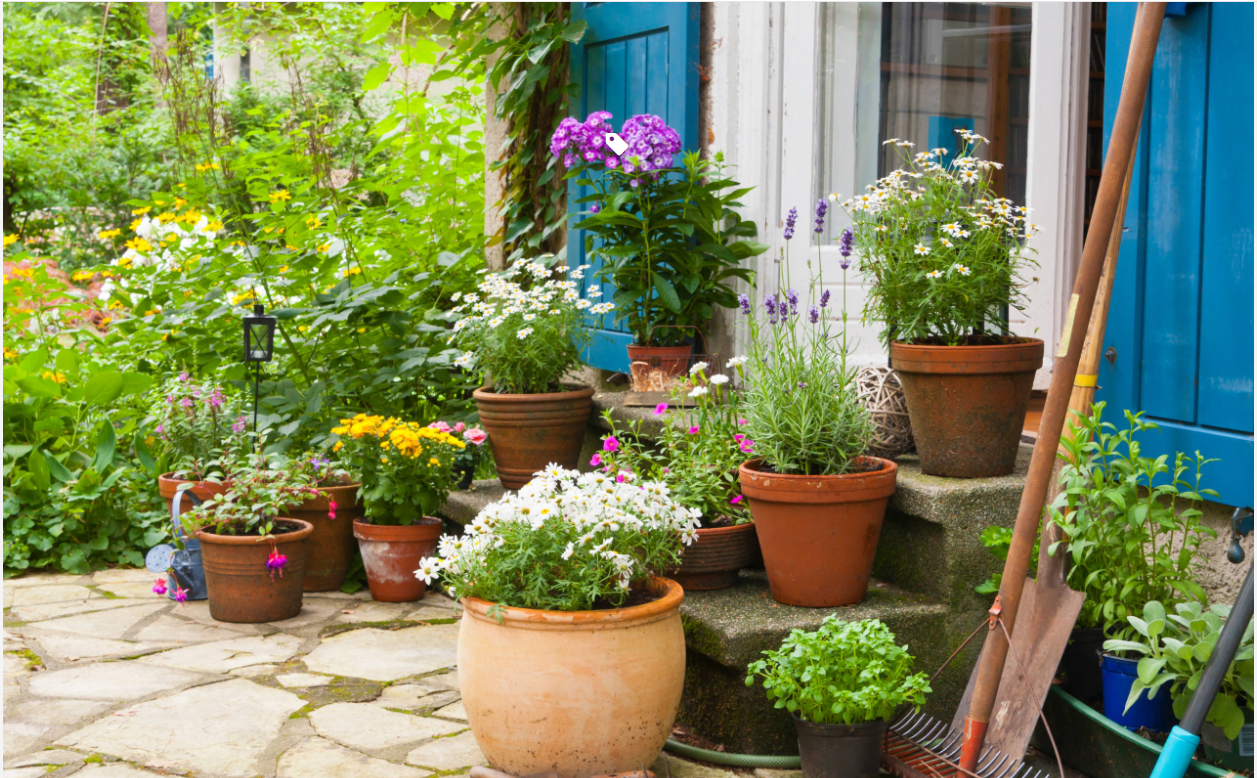Going on Vacation? Here’s How to Make Sure Your Garden Survives
Going on Vacation? Here’s How to Make Sure Your Garden Survives
Water deeply, mulch beds and move containers to partial shade in order to keep plants alive while you’re away
The sun’s out, the weather’s warm and it’s the perfect time of year to get out of town for a holiday. But that hot and dry summer climate can wreak havoc on gardens left unattended for a week or more. If you’d like to take that vacation and return home to living plants, plan and take extra care to set up your garden to, if not thrive, at least survive while you’re gone.
Ideally, a friend or neighbor would water and look after plants when you’re away, but that’s not always possible. Here are some ways to set up your garden for summer-vacation survival mode.
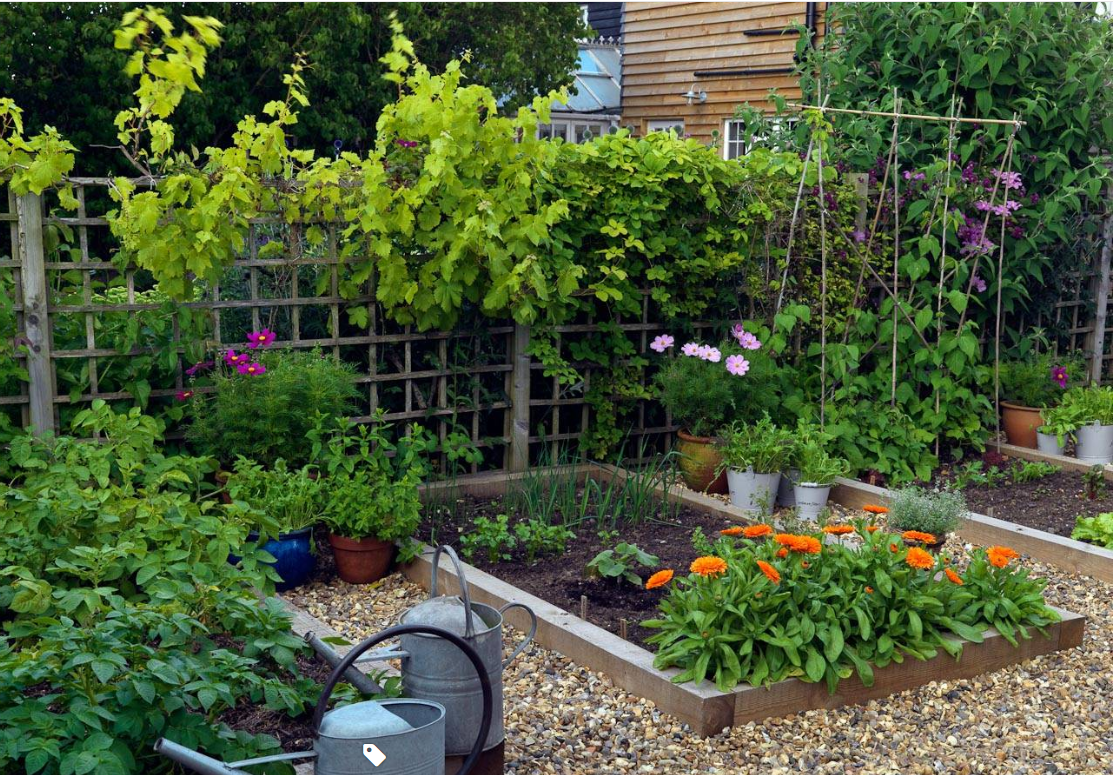
One Week Before You Leave
Weed beds. Weeds compete with garden plants for water and nutrients. And in warm summer weather, weeds seem to multiply when you turn your back. About a week before you depart, set aside time for pulling weeds in high-priority areas, such as edible and perennial flower beds.
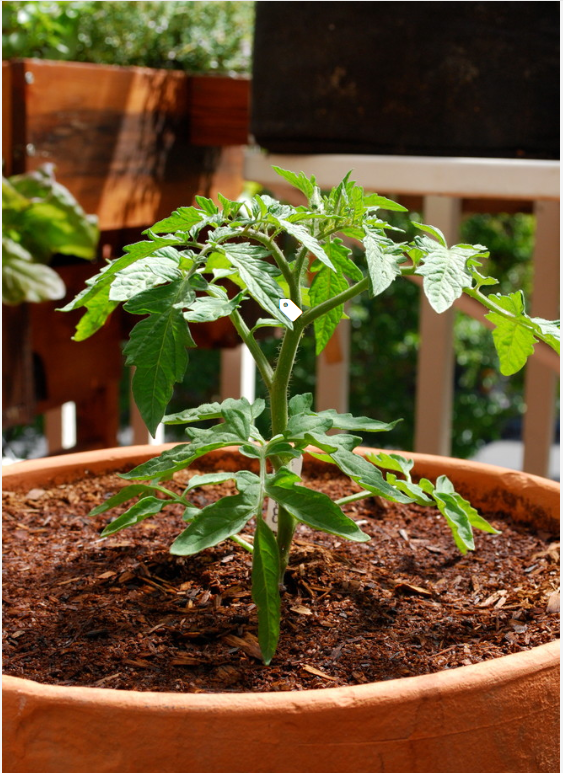
Spread mulch. A thick layer of mulch can really help tide a garden over between infrequent waterings when you’re away. Mulch helps reduce water loss by evaporation, and can help suffocate weeds and keep shallow roots insulated from the baking sun in hot months.
Spread 2 to 3 inches of mulch on beds and in pots to completely cover the soil, keeping the mulch away from the crown of the plant (where the stalk meets the soil).
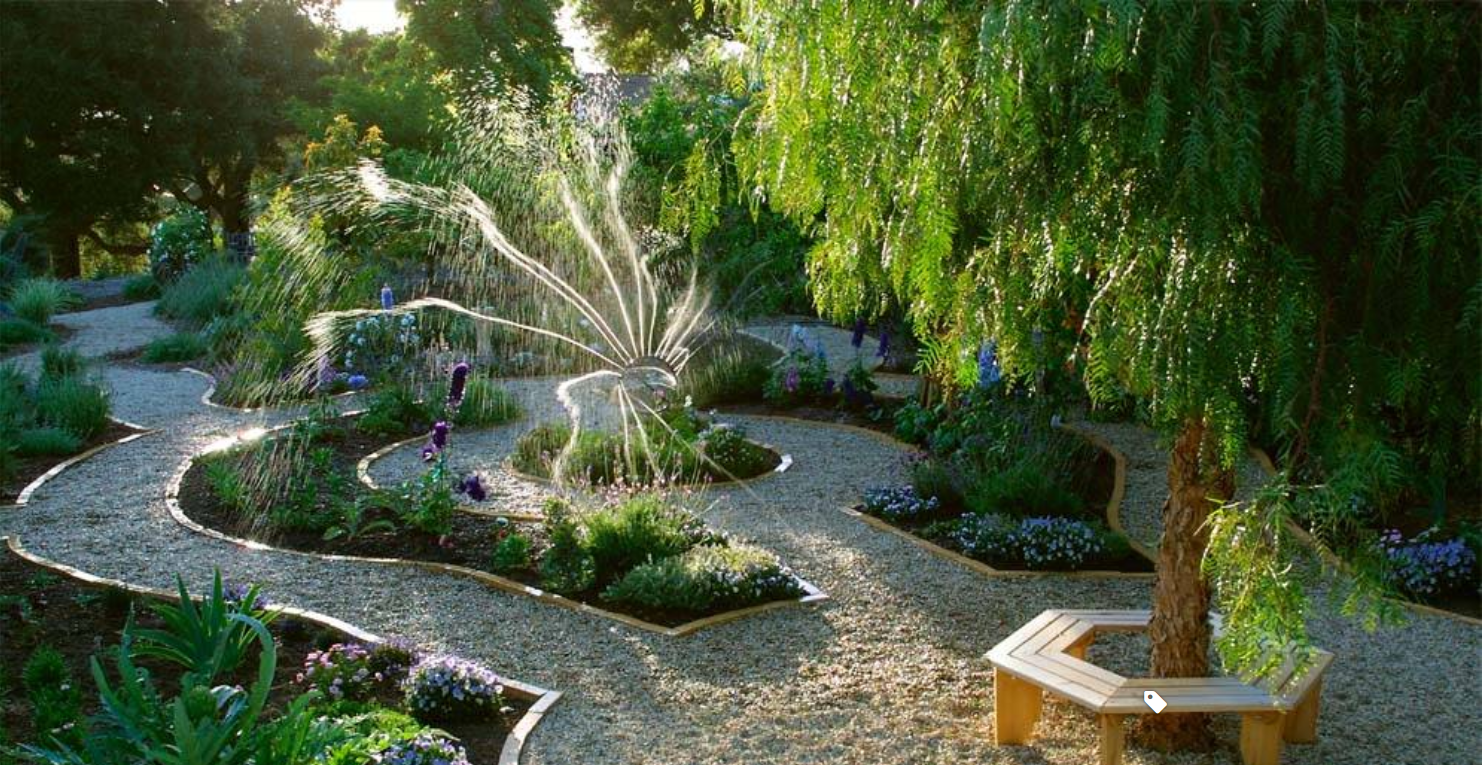
Check irrigation. If you already have your garden set up on an automatic irrigation system, double-check the scheduled time for and frequency of watering against the weather that’s predicted for when you’re gone. Generally speaking, most beds need water one or two times a week in summer, and containers require more frequent water. If rain is predicted, you may be able to dial back your watering schedule. Especially if the climate is dry, make sure your system is set to provide adequate water.
If your sprinklers run in the middle of the night (great for cutting evaporation loss), it can be worth turning them on once during the day before you leave to check that the valves are pointed on your beds rather than on hardscape or the street. Adjust as needed. You can also use this time to scout locations where you could potentially move potted plants not on automatic irrigation so that they’ll benefit from the spray.
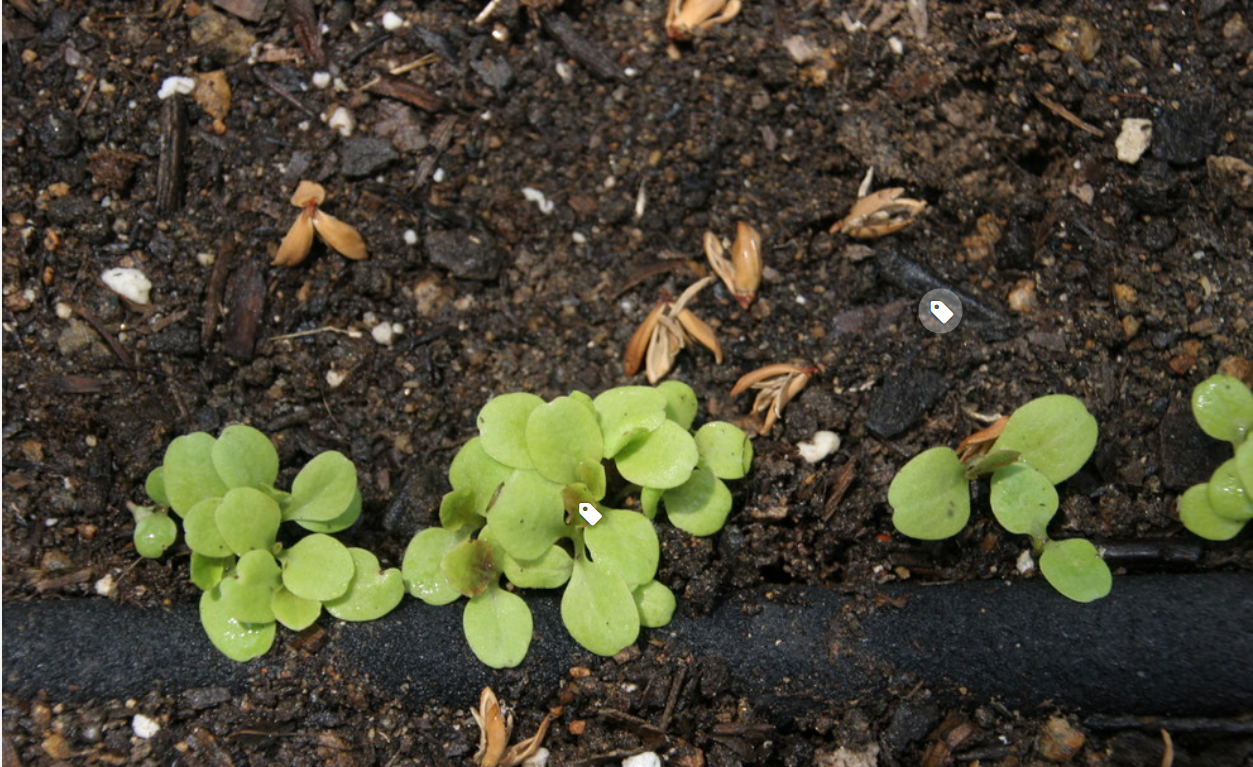
Hook up a soaker hose. Sure, it’s better to set up soaker hoses or drip irrigation before planting time, but that doesn’t preclude you from doing it now. Many garden centers and home improvement stores sell soaker hose and drip irrigation kits, or you can work directly with an irrigation specialist. Consider adding a simple irrigation timer to your hose bib and soaker hose so that you can control how much water your beds will receive when you’re gone.
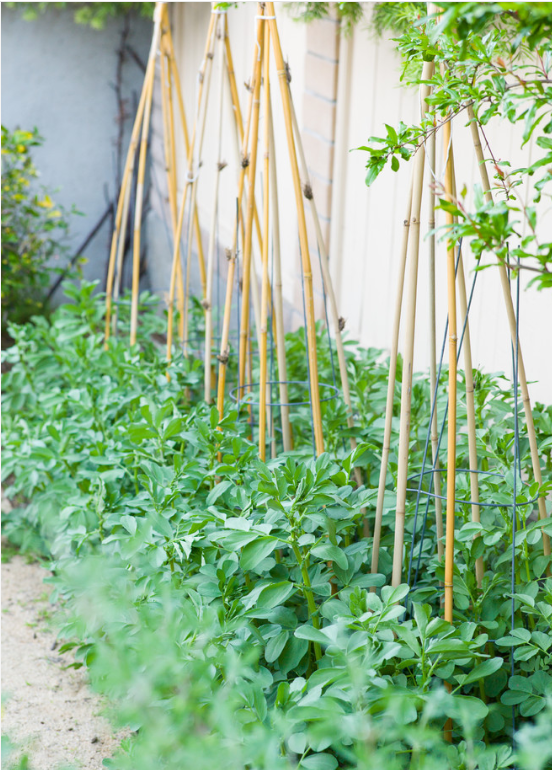
Pre-stake fast-growing veggies and flowers. If you leave a summer edible or cut-flower garden during a growth spurt, you can come home to a jungle. Take extra care now to pre-stake plants that will need it later, including tomatoes, beans, dahlias and cosmos. Don’t overlook plants that were staked at the beginning of the growing season but may outgrow their trellising.
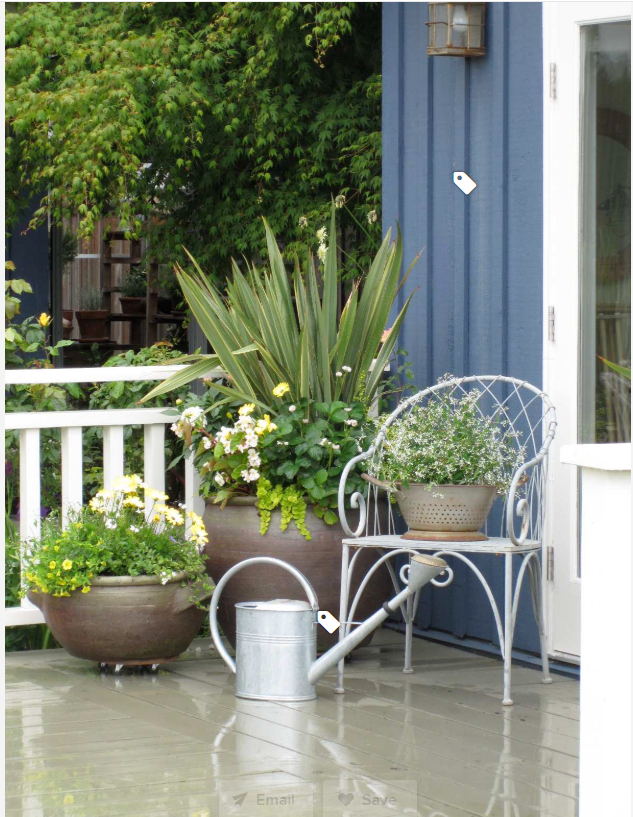
Ask a friend for help. Having a neighbor or friend water while you’re away can take the risk out of leaving a garden unattended for a week or more. Before you leave, walk the helper around your garden, pointing out which plants should be hand-watered and sharing your garden’s other specific needs.
It can be helpful to leave a watering schedule and anything needed for the job, such as hoses and watering cans, in plain sight. If you have an edible garden, encourage your garden helper to harvest and enjoy any bounty while you’re gone.
One Day Before You Leave
Cluster containers. If you have many small containers scattered across a yard, consider consolidating them into a few groups to make watering more efficient for a neighbor and to prevent a stray pot from being overlooked. Consider moving containers out of direct sun to cut down on how much water they’ll need. Place a watering can filled with water nearby to make it easier for your helper.
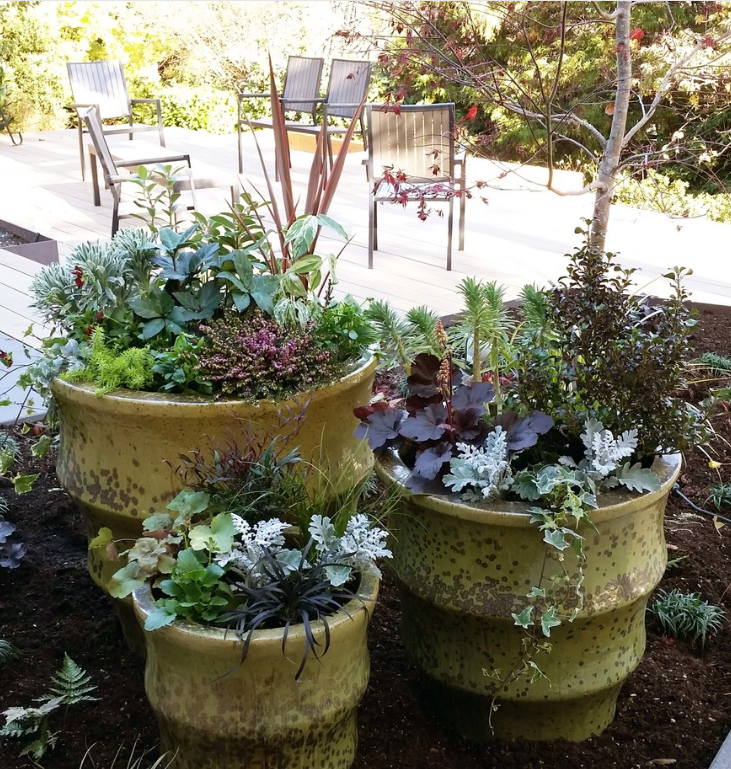
Move pots to a place where they’ll get sprinkler water. If you don’t have someone tending to your garden while you’re gone, see if you can move containers to somewhere in the garden where they’ll receive water from your automatic irrigation system. Bare spots in beds are a good bet; avoid resting potted plants directly on the lawn.
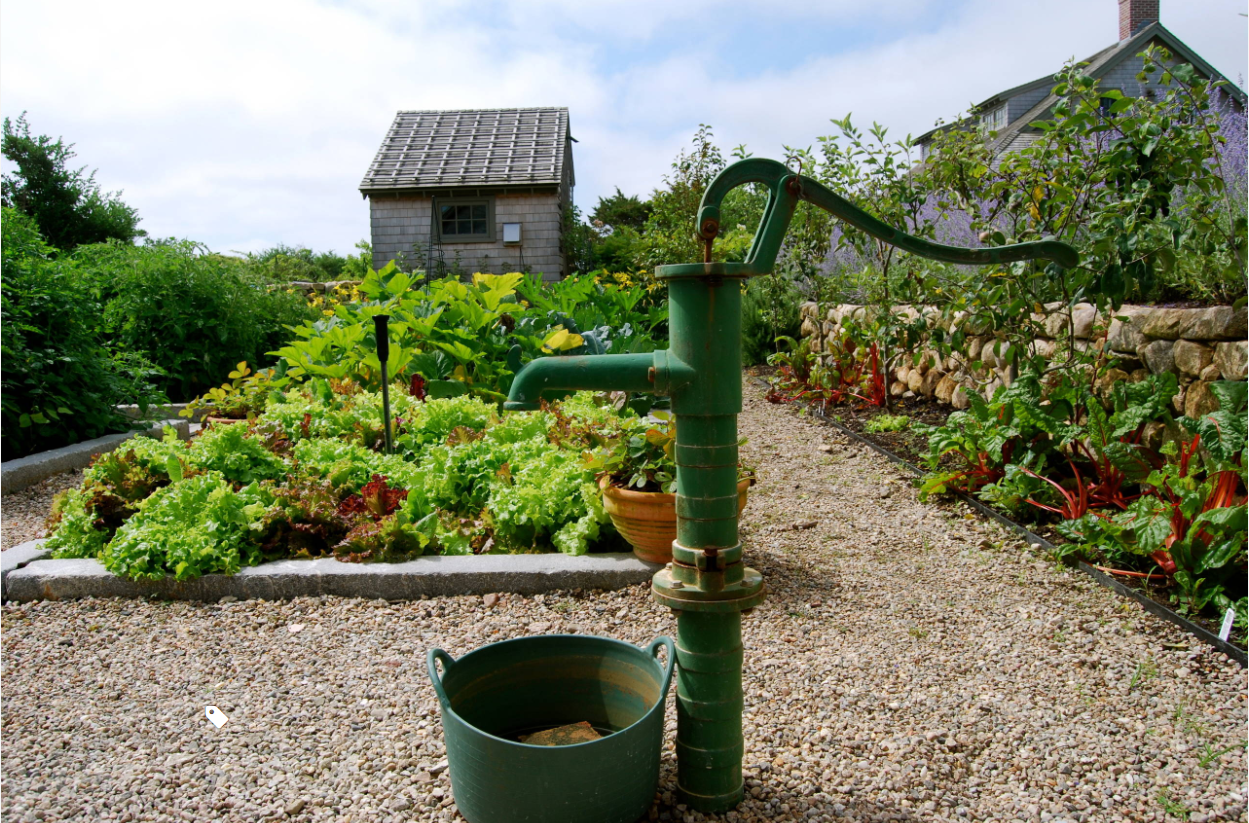 Deeply water beds and containers. Water all your beds and containers deeply as close to your departure date as possible. Containers should have water running out of the bottom to show that the soil is soaked. Beds should be moist at least 3 to 4 inches below the soil, if not more.
Deeply water beds and containers. Water all your beds and containers deeply as close to your departure date as possible. Containers should have water running out of the bottom to show that the soil is soaked. Beds should be moist at least 3 to 4 inches below the soil, if not more.
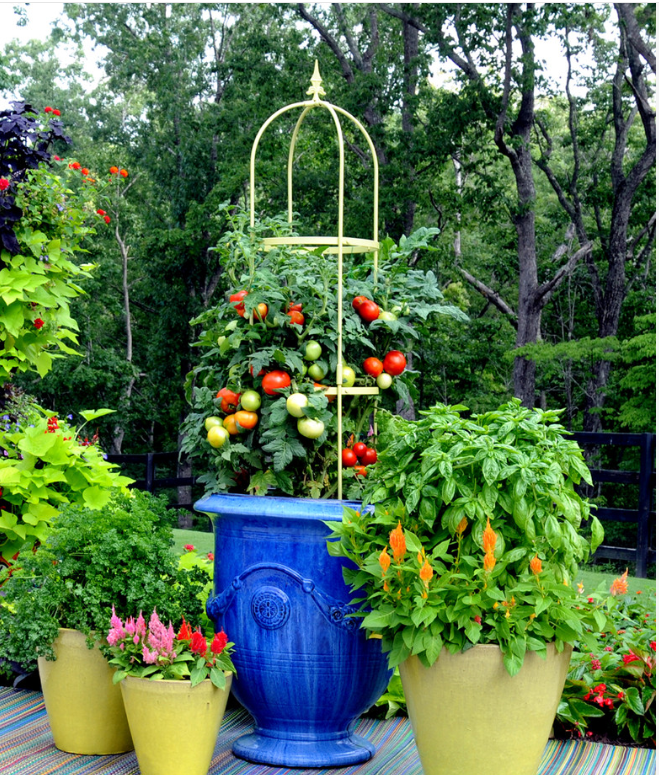
Make self-watering jugs. Another strategy for keeping container plants alive while you’re away if someone won’t be helping is to make slow-release, self-watering jugs. Take an empty plastic milk jug, 1-liter water bottle or even sturdy plastic bag and poke tiny holes in the bottom so that water barely drips out (with larger holes, the water will run out too quickly). Position one or two jugs or bags on the soil next to the potted plant. After you water the garden well, fill them up with water; ideally, water will slowly drop into the soil. Topping up plant saucers with water can also slow a container’s drying out.
Other self-watering strategies, such as planting in ollas (unglazed terra-cotta vessels) buried in the soil or placing plants in a self-watering container, generally have to be implemented at the time of planting. If you travel frequently, you might consider these for next time you plant.
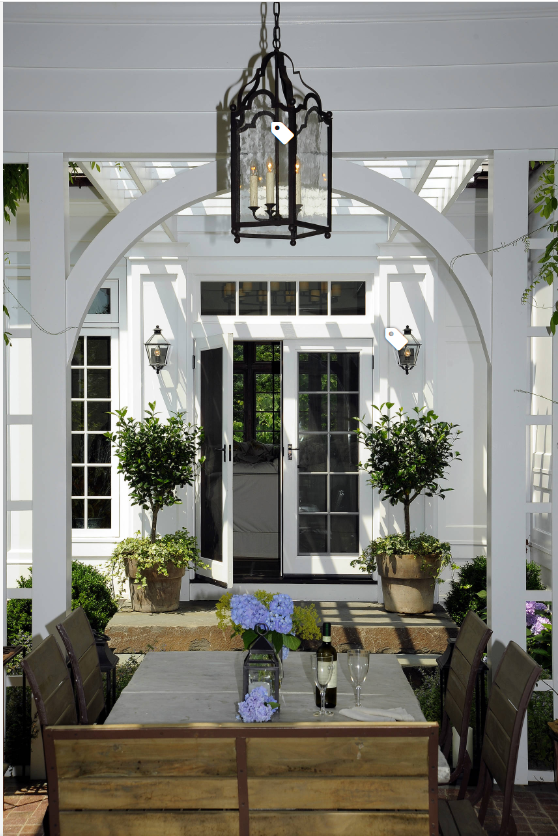
Protect tender plants at risk of burning. Plants can get sunburned, and are more susceptible if they are dehydrated. If you have any at-risk container plants in your garden, move them to partially shaded areas. For tender plants in the ground, consider tacking up a temporary shade structure using bamboo stakes and shade cloth.
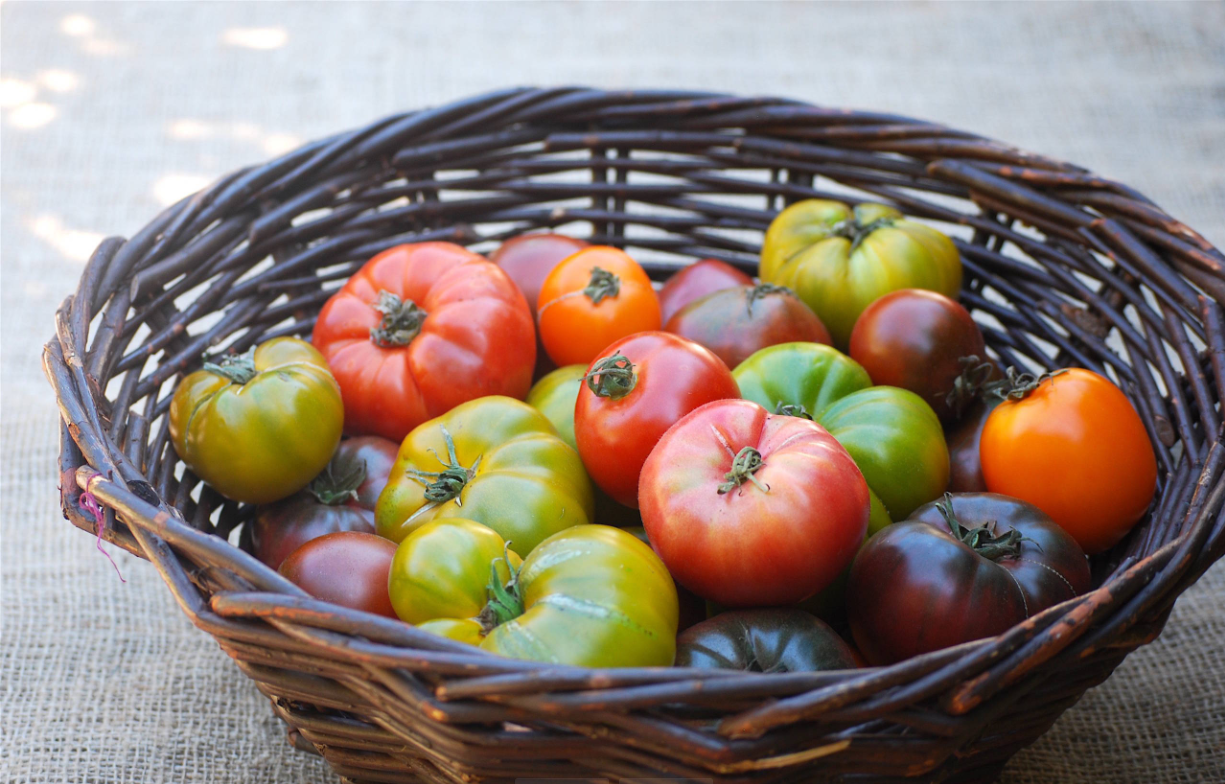
Harvest. Pick everything that’s ripe or near ripe before you leave, to prevent food waste and to keep your garden producing when you’re gone. If you can’t take the produce with you, gift it to neighbors or donate it to a shelter. For zucchini and other summer squashes, harvest any baby-size ones — they’ll be delicious eaten at this size and otherwise would be giant baseball bats by the time you return. Tomatoes can be picked when they just show color, and will continue to ripen off the vine. Cut some flowers for a bouquet to take with you on a car trip or as a thank-you to a neighbor who’s helping to look after the garden. Pinch back herbs like basil, parsley, cilantro and mint that are showing signs of flowering.
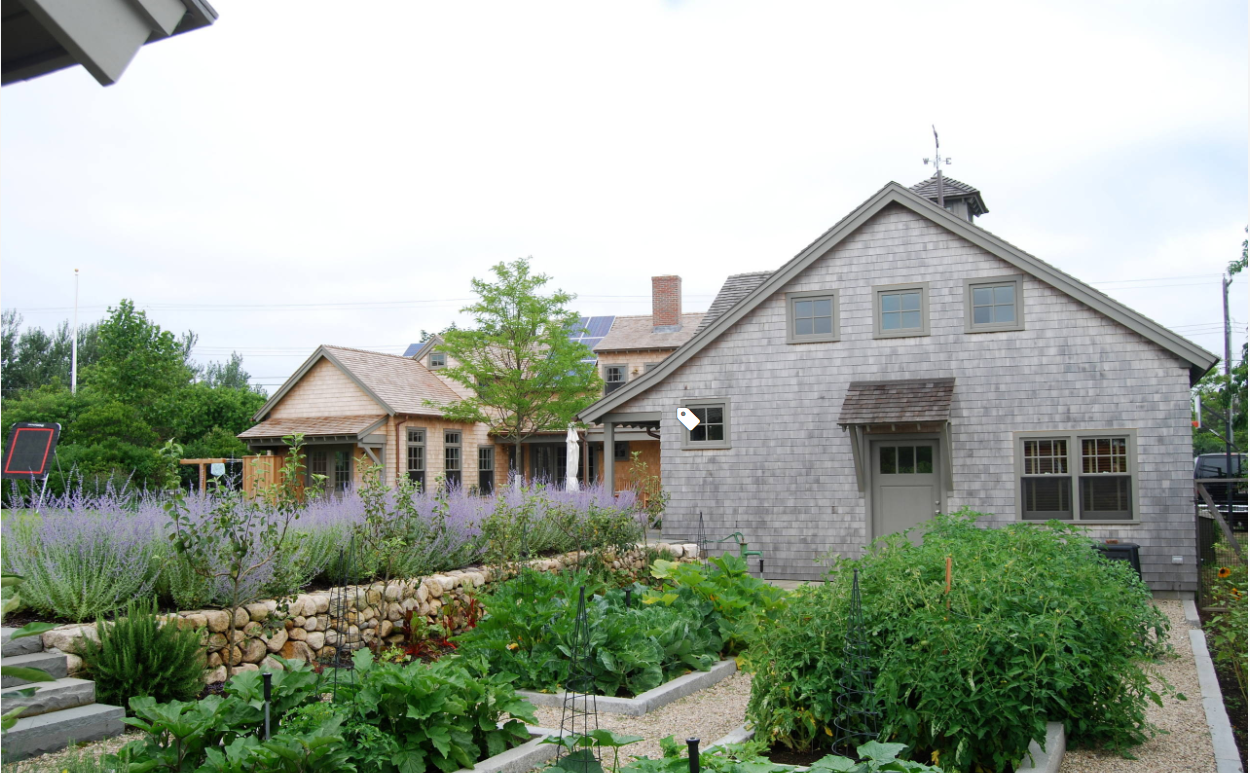
Post written by: Lauren Dunec Hoang of Houzz.com

